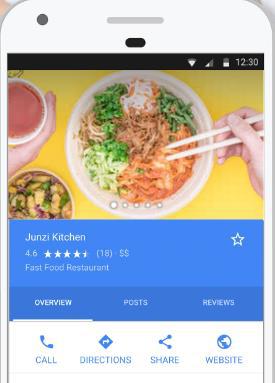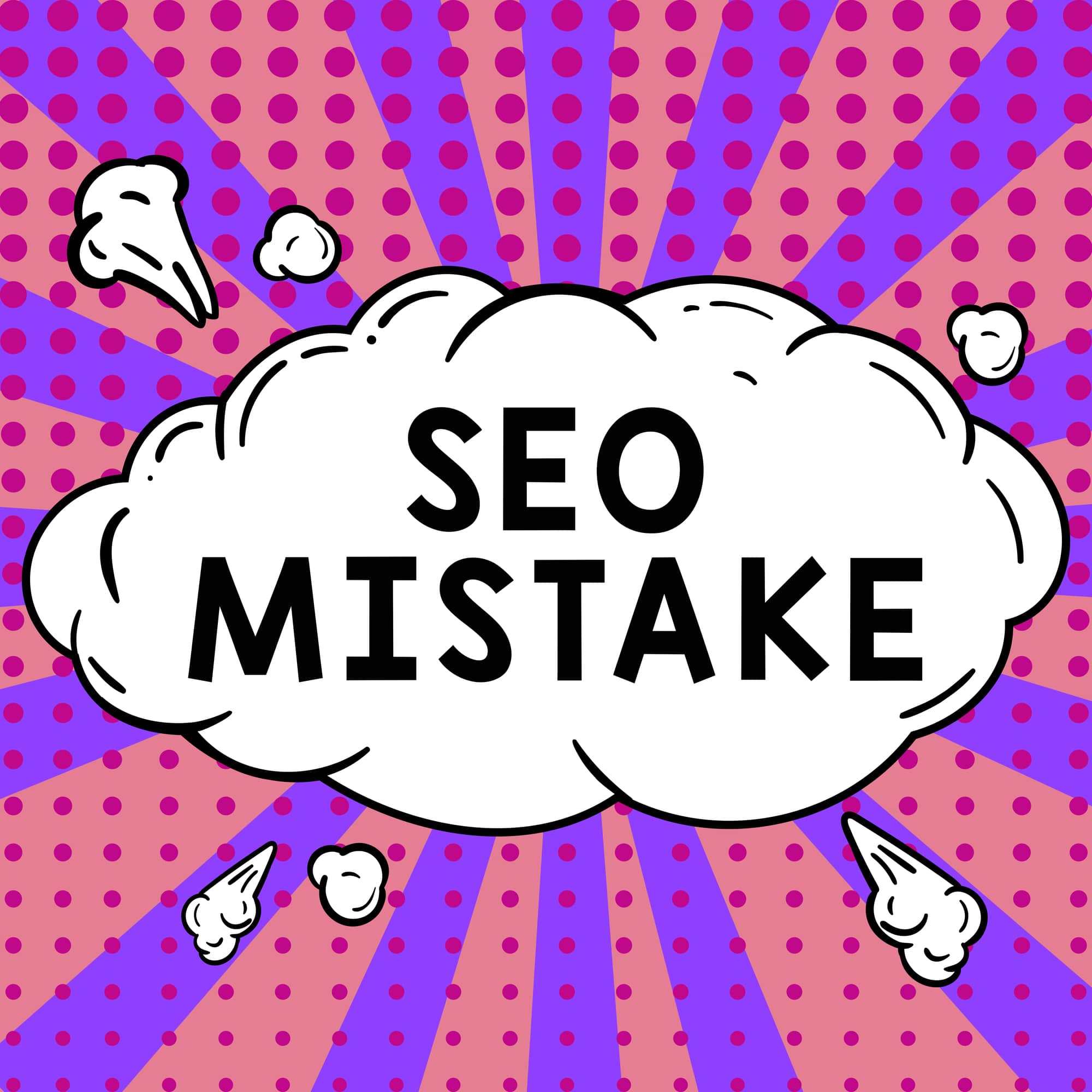
Technically, voice search queries are already in Google Analytics. Wait! What?
Yes, they’re already there, you just can’t identify that they are voice queries. I tested this. You even get the correct Channel.
The voice search data that goes into analytics isn’t any different than a typed in search. The only thing that’s different on a voice search is the input device. So should you even worry about it all?
Optimize your site like nobody’s business. Call us at (443) 475-07787 or Contact Us online.
Difference Between Talking And Typing
Was the text of a search query captured by a voice, a keyboard, or a stylus? Does it even matter? All do the same thing in generating a SERP. Are specific voice search optimization efforts even necessary if we are already optimize sites for the queries being entered?
It’s true doing a voice search for information or research is easier than trying to type in a very long question. Perhaps we should optimize for that.
A voice search used to scratch an immediate itch is easier… particularly when driving. How about we optimize for that!?!
Should we redo all our SEO efforts and optimize for voice search?
One can’t really consider voice search as a binary thing. As Yoda would say, “Do or do not, there is no try.”

My favorite answer for the last 14 years of doing digital advertising…. “It depends.”
In this case it actually does depend. A voice search for the “closest gas station” requires a different strategy than a voice search for “What’s the best way to see the solar eclipse on August 21?”
Will SEO Even Matter?
With certain voice searches, there are pieces of information where you can really get exactly what you need. “BJs Johnston store hours” will get you a vocal reply. Sure, there’s a “SERP”, but you aren’t making any type of organic choice. Kind of feels like the “I’m Feeling Lucky” button when you think about it. Does it help rankings when nothing gets clicked on? Is the “search engine vocal reply result” in this case even important to anything? It’s basic information, not a transaction. Well, it is pretty convenient when driving.
We could say optimistically it “may” lead to a transaction, but I think someone looking for store hours already has their mind made up. A conversion is eventually inevitable, regardless of our optimization razzle dazzle.
Side note: How IS Google going to monetize THAT? Hmmmm… that remains to be seen. If it doesn’t matter what appears in the SERPs for that kind of vocal search, then why bother optimizing for it?
Don’t Let Them Forget Who You Are
Do the basic local SEO 101 action items. Ensure business contact information is accurate on the website (business address, phone, etc.). Ensure hours are listed by day. Add local schema to the website. Ensure the Google Business listing is claimed and accurate. Ensure other major directory listings are claimed and accurate as well.

On local voice search it seems like you get the obvious results… phone number, address, directions, website, hours. If that’s the case, what more can we do to optimize for voice search? Is it even necessary?
What about optimizing for the less obvious but important stuff, that is, those things that make your business be in business?
A voice search of “BJs sale items” doesn’t return a vocal response. You get a SERP. Should we optimize for that? Everyone is always looking for sales and coupon codes. Is this more likely to lead to a transaction? I’m leaning toward yes. Someone looking for BJs sale items indicates a pretty clear intent of “I’m going to BJs to buy things, what’s on sale this week?”
Where Google Voice Search Might Be Headed
Realizing voice search is just an input device it changes your whole thinking. Google must be wrestling with how to get voice search as an intimate part of their business. They’ve been convincing us for years that mobile is the way to go. It appears they got that one right.
But in voice search, what’s the best way to provide more than one response in what we can call VSERPs (voice-search-engine-result-pages).
Perhaps it could be done like an automated phone system. Imagine this scenario:
OK Google – “find me frank and beans”
Say 1 if you want Franken Beans, an autobiography (1st organic listing).
Say 2 if you want a recipe for franks and beans. (2nd organic listing)
Say 3 if you want a Groupon code for a frank and beans (3rd organic listing)
Say 4 to hear more results.
Say REPEAT to hear these results again.
But even if they put that into place, how do we get PPC ads in the mix? PPC ads have taken on the “appearance” of organic. No ads on the side anymore. Would PPC ads become PPVs (pay-per-voice-search) ads?
Pay Per View is out, PPVs are in. You heard it coined here first!
Would the first four results be PPVs? Could we opt out of “hearing” the PPVS Ads? If not, and we are forced into four paid listings, what happens to organic? Who’s going to keep listening to an endless list of results. Our brains can’t process so many items in a list.
Getting Your Paid Search Campaigns Optimized for Voice Search
PPVs may not be a reality yet, but in the meantime, there are steps you can take to optimize your paid search campaigns for voice search:
- Use natural language. People search differently verbally than when they are typing.
- Use long-tail keywords. Voice searches are often wordier than those that are typed. Also, consider the who, what, where, how, why types of queries that users make in a voice search.
- Use location keywords. Voice search is often local, so optimize for queries that include landmarks or geographic areas. For example “Best pizza near TD Garden”.
- Use ad extensions. Including a call extension will make it easy for the user to contact your business.
Optimize for mobile. Most voice searches are conducted with a mobile device, and those users will expect a good mobile experience when they land on your site.
Wait And See
With voice search and voice responses, could I avoid even going to a website? Are websites becoming obsolete? Hmmm…. Interesting question. But in the same way YouTube, NetFlix, and Hulu didn’t eliminate TV, so voice search will not eliminate websites. Some people are auditory learners and communicators and some people are visual learners. Personally – don’t read me a story – show me the story instead. I understand better when I read it myself.
It’s clear many questions still need to be answered. There is a place for voice search, but it won’t replace everything we’re doing now to get prospects to company websites. Stay the course, SEO and PPC still have a place in our lives. And when Google figures out how to monetize what to do with voice search, just add it to your ever-growing digital marketing tool box.
Stay on the leading edge of SEO best practices. Call us at (443) 475-07787 or Contact Us online.








